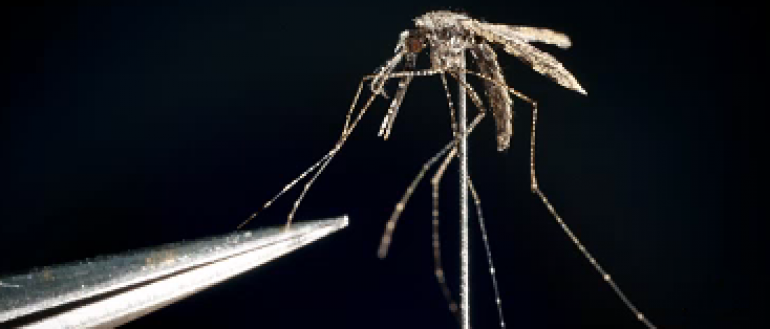Funders:
- Australian Centre for International Agricultural Research (ACIAR)
- Department of Foreign Affairs and Trade (DFAT).
Collaborators:
- Universitas Sumatera Utara (USU)
- Oxford University Clinical Research Unit (OUCRU)
- Australian Institute of Tropical Health and Medicine - Division of Tropical Health and Medicine - James Cook University (JCU)
- University of Melbourne (UM)
- University of Western Australia (UWA)
- CSIRO
- Universitas Andalas
Aims:
- To strengthen surveillance of zoonotic malaria in Indonesia, including evaluating the disease burden, agricultural practices, and mosquito vectors associated with transmission, in order to inform public health control efforts and sustainable agricultural development.
Objectives:
- To improve detection methods for zoonotic malaria surveillance and use them to define the disease burden
- To evaluate agricultural and land-use factors associated with zoonotic malaria transmission
- To evaluate mosquito vectors transmitting zoonotic malaria and the association with agricultural land-types and practices on their behaviour.
- To improve zoonotic research translation through the current Indonesian One Health national framework
- To develop and validate integrated macaque surveillance methods for malaria and other zoonotic pathogens
- To improve methods for integrated land use mapping with macaque/human surveillance data to understand changes in zoonotic disease transmission risk
Summary:
There has been an increase in incidence of human malaria from the zoonotic parasite Plasmodium knowlesi throughout Southeast Asia. P. knowlesi is an emerging malaria parasite of the long-tailed (Macaca fasicularis) and pigtailed (M. nemestrina) macaques and is transmitted by the Anopheles leucosphyrus group of mosquitoes.
P. knowlesi is now the most common cause of human malaria in Malaysia and has been reported in all countries throughout Southeast Asia where the relevant macaque hosts and mosquito vectors are present.
Agricultural expansion and deforestation have resulted in land use change linked to altered dynamics and distribution of malaria and other vector borne diseases globally, threatening related sustainable development goals.
The two-and-a-half-year multi-disciplinary study will assist in reducing the threat of zoonotic malaria in Indonesia through improved surveillance methods and understanding of agricultural land-use drivers. Strengthened systems and practices for zoonotic malaria surveillance will assist in providing a local evidence base for Indonesian policy makers to reduce disease transmission and facilitate sustainable agricultural development, with project outcomes also resulting in enhanced regional research capacity related to OneHealth methodologies.
Implications for policy and practice:
The project will provide improved detection tools for zoonotic malaria which will allow for accurate monitoring of progress towards human-only malaria species elimination. The project will produce an evidence base for policy makers regarding the incidence, clinical spectrum, and disease burden of P. knowlesi malaria in Indonesia. This will provide economic and social benefits through sustainable agricultural development, and promotion of malaria control efforts which improve the health security of agricultural workers and communities at risk of zoonotic malaria.
Our research has found:
This project will build on our current ACIAR-funded pilot study which has established the initial Indonesian zoonotic malaria surveillance network with Indonesian research partners, the Eijkman Institute for Molecular Biology (EIMB) and the Universitas Sumatera Utara (USU). This base will allow the comprehensive multidisciplinary studies to take place under the ZOOMAL project which will identify the human, vectorial and land-use changes associated with emergence of zoonotic malaria.
Chief investigator:
Project manager:
- Rebecca Reagan
Project dates:
The project commenced in 2020.
Photo credits: Dr Kara Burns and Pearl Gan in association with OUCRU, Vietnam.

